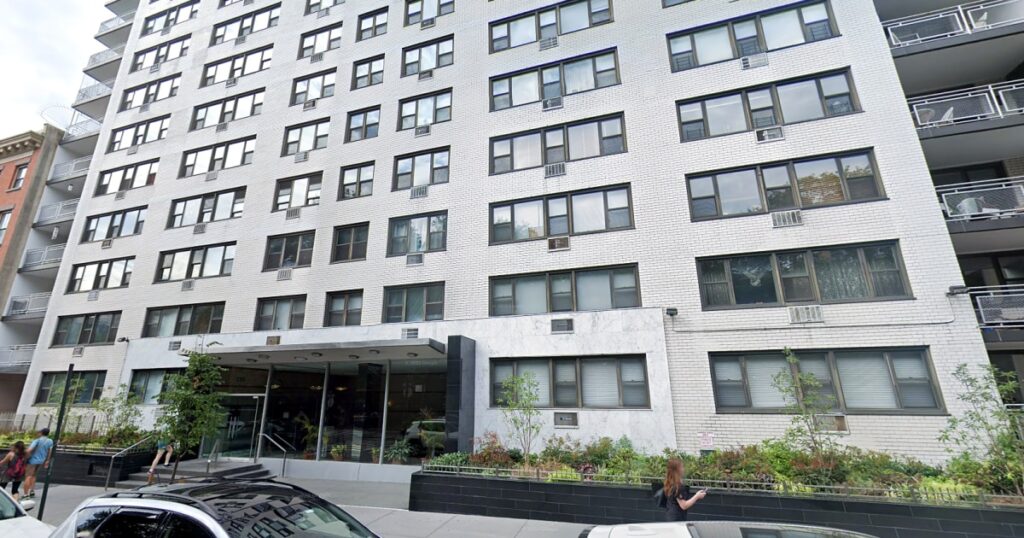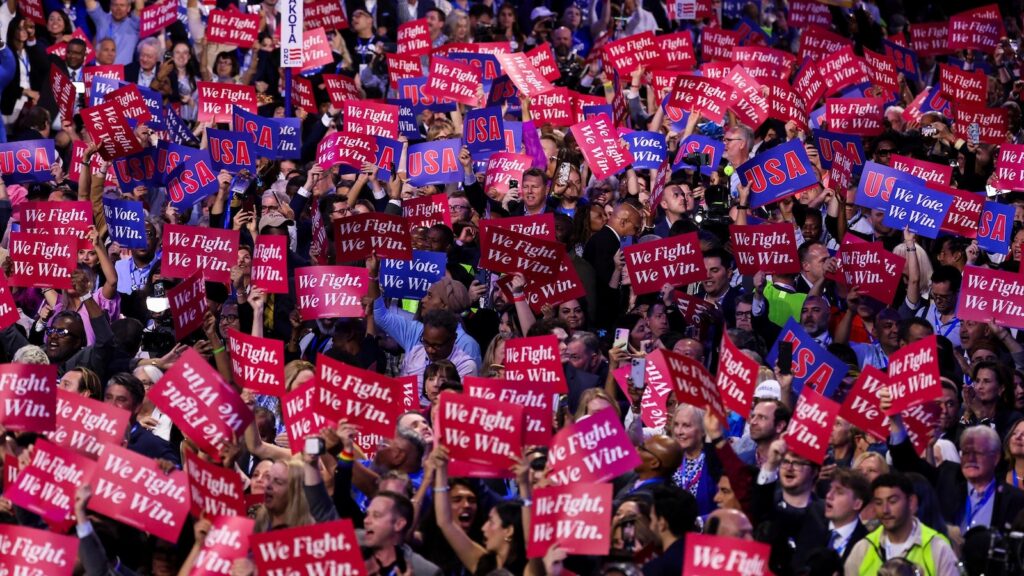Since the “mansion tax” took effect last April, a bevy of groups have aired their grievances.
Developers claim the tax eats into their profit margins, stifling new housing projects. Commercial property owners say their sales of warehouses and retail spaces shouldn’t be subject to something that was billed as a “mansion tax.”
Now, a new voice is joining the chorus of complaints: nonprofit housing organizations.
In the last year, a pair of nonprofits coughed up a combined $6.1 million in mansion tax fees. Their leaders say the tax has hampered their ability to accomplish one of Measure ULA’s primary goals: provide affordable housing.
Passed in 2022, Measure ULA brought a 4% transfer tax to all L.A. property sales above $5 million and a 5.5% tax to sales above $10 million. So far, it has raised more than $439 million for affordable housing and homelessness prevention initiatives.
Bob Beitcher, chief executive of the Motion Picture & Television Fund charity organization, was pleased when voters approved ULA, saying that the city benefits when millionaires and billionaires pay their fair share.
But when the organization sold off $30 million worth of land, it had to pay $1.65 million in “mansion tax” money.
Since MPTF’s mission seemed to align with Measure ULA’s mission of combating L.A.’s housing crisis, Beitcher assumed the sale would be eligible for an exemption.
“Why us? We never thought we’d be paying this tax,” Beitcher said. “When you hear mansion tax, you think millionaires and billionaires. We’re not selling a mansion, we’re a nonprofit.”
MPTF supports people in the movie and TV industries with housing, financial assistance and healthcare. It houses about 250 people on its 40-acre campus in Woodland Hills, subsidizing living costs for about 70 of them.
Those subsidies — which include rent, medical expenses and transportation to doctors’ offices — cost about $3 million per year. And for the last few years, the organization has been struggling to keep up with costs.
As a result, the organization sold a chunk of its campus — roughly 19 acres of undeveloped land — to raise money. It completed the deal in December 2023, selling the land to California Commercial Investment Group, which is developing the site into a 300-unit luxury senior living community.
Exemptions are available to property owners who sell to affordable housing developers. But since MPTF sold the property to a luxury developer, it didn’t qualify.

An aerial view of MPTF’s 40-acre campus, which the nonprofit sold roughly 19 acres of last year for $30 million.
(MPTF)
MPTF still walked away with $28.35 million — a massive chunk that will help it continue its mission. But the tax still came as a surprise.
Beitcher asked around about an exemption for the $1.65-million tax bill but was shut down due to an odd wrinkle in the provision.
Under Measure ULA, exemptions can be granted for nonprofits with a history of affordable housing development, but only if the nonprofit is the buyer in the transaction. If the nonprofit is the seller — even if it’s an organization whose work aligns with the goals of Measure ULA — it’s on the hook for the tax.
“It doesn’t make sense that a struggling nonprofit providing housing would be paying the tax,” Beitcher said. “The tax was intended to keep people housed, fed and safe off the streets. That’s exactly what we’ve been doing for 83 years, so why are you taking money out of our pockets?”
Typically, nonprofits aren’t selling tens of millions of dollars worth of land, so the situation is somewhat rare. But Beitcher said rare or not, there has to be a better solution.
“No one imagined this scenario when the law was constructed. And we’re paying the price for it,” Beitcher said.
Joe Donlin, who serves as director of United to House L.A., the organization behind Measure ULA, said the exemption rules were designed to incentivize sales to nonprofit affordable housing developers as another avenue to build much-needed units. Every seller has that option, but if they choose to sell to someone else, they won’t qualify for an exemption.
Exemptions are handled by two departments, depending on the type: the Office of Finance and the Housing Department.
So far, the two have been doling out ULA exemptions to those who qualify. The Office of Finance has granted 35 exemptions, and the Housing Department has granted 14. There have been 670 sales taxed under ULA and 49 total exemptions, so roughly 7% of “mansion tax” sellers have been granted exemptions.
“We’re sensitive to those uncommon situations, but it’s also important to recognize that almost 60% of voters approved Measure ULA, and we are implementing it,” said Greg Good, director of strategic engagement and policy for the Housing Department.
Last month, a nonprofit racked up an even bigger tax bill than MPTF.
In October, Los Angeles Jewish Health, a senior healthcare nonprofit, sold a senior living complex in Playa Vista for $81 million. It found a buyer in late 2020, but the sale process took so long that Measure ULA was proposed, passed and implemented before the deal closed.
As a result, the nonprofit, which provides care for 4,000 seniors, was blindsided with a $4.455-million tax under Measure ULA.
The organization intended to use a chunk of the proceeds to develop affordable housing, noting the plan in the escrow instructions of the $81-million sale. But now, that’s in jeopardy.
“It’s a shame because that’s money we would have used for affordable housing,” said CEO Dale Surowitz. “Now that plan is at risk.”
Surowitz said he’s been working with City Councilmember Bob Blumenfield to get the $4.455 million back, either through an exemption or by having it reinvested in the nonprofit, but said there aren’t clear avenues for that to happen.
“I don’t think they planned for this,” Surowitz said. “I can’t imagine them wanting a nonprofit involved with caring for people who don’t have financial resources to pay the tax, because that was the intention of ULA.”



